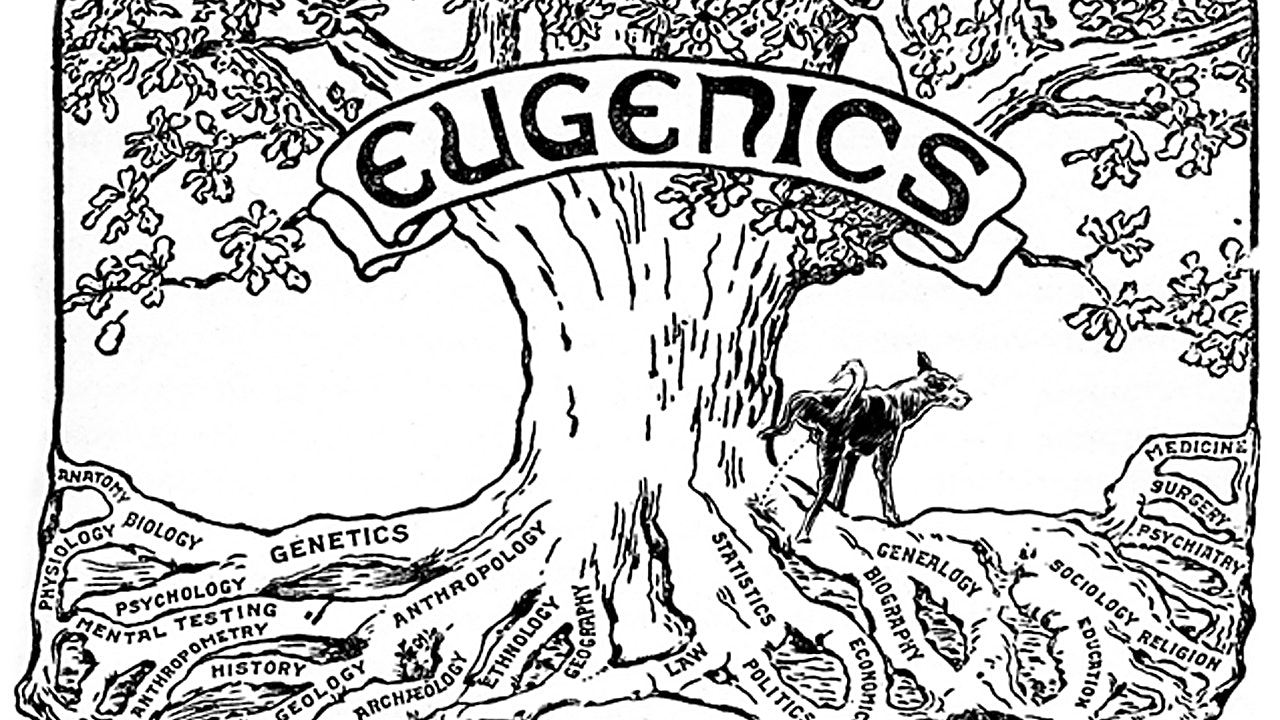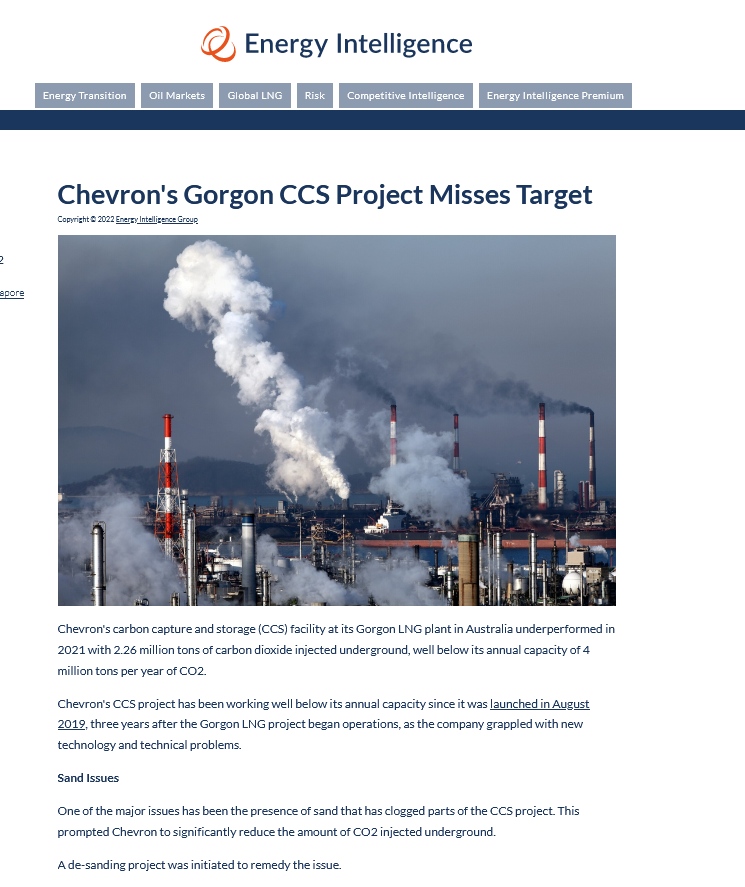Hi Chapos,
We need to talk about science: how it’s made, who it’s made by, who it’s made for, and why capitalism sucks for science. Mods, please pin.
I’d like to start a semi-regular discussion thread about what science is, the institutions in which it takes place, the role of regulatory forces (and lack thereof), and in general the problems capitalism has created for science. I’m doing this to follow up on a few discussion threads from the early days of chapo, which I think are worth continuing, specifically this, this and this recent thread from yesterday.
First some definitions of terms:
Researchers, please note, that for the purposes of communication and to help folks from outside the lab and ivory tower join the conversation, when I say “science”, I mean all forms of professional-level, formal, systematically organized research, meaning I’m including non-scientific research here as well. I’m not making a distinction here, because in my experience, it doesn’t matter what field your is or how “scientific” your research methods may or may not be compared to other fields. There are problems in research which affect us all, it’s often just a matter of degree within field, lab, and our own individual abilities to cope with/avoid certain issues.
Science is an ideal, which we strive for in practice; it shapes our methods, logic, and conclusions. Academia is the deeply corrupt, capitalist institution in which much of science takes place; it shapes our labor and the science we produce. This means, it doesn’t matter what field you’re in - most of these issues are likely apparent in your field, to some degree. That said, some issues will certainly be more apparent than others in different fields in different labs and in different countries.
For those outside research reading along, please note that this means the word “science” is not synonymous with “technology”. For example in this thread the top comment is a debate about nuclear technology. There is a lot more going on in science than nuclear and climate change (and I’m saying that as a scientist who studies the psychology of the energy transition! I know better than most about subjective perceptions of nuclear energy and I'm sorry to say it’s not something you can easily change with posting). If you want to struggle-sesh about a specific technology or solution to a specific problem like climate change, please start a new post and keep your debate contained there.
My goal is to post these semi-regularly in hopes of starting a conversation which often takes place within science on a platform outside our offices and classrooms. Here are some of the topics I thought of, and this list is by no means in complete, so please offer suggestions for more:
- The publication process, peer review, and authorship
- The tenure pipeline: exploitation of grad students, postdocs, and adjunct professors
- How publish or perish hinders scientific progress (e.g., by promoting fragmentation and unreliable findings)
- The reproducibility crisis (started in my own field but now is seen as a problem for all of science)
- Science communication/”public outreach”/”valorization”
- The PhD mental health crisis, low graduation (high drop-out) rates, and burn-out more generally
- Transdisciplinary research (aka research that goes beyond formal disciplines to include practitioners and the public) & citizen science
- Open science: what is it, what’s it trying to do, and how it’s received
- Why some prominent “senior” scientists see Open Science as a conspiracy
- Sexism, racism, homophobia, transphobia, xenophobia, etc in science
I'd also be happy to discuss things like university tuition rates, exploitation of student athletes, but for now, these things seem more to me like symptoms of the larger cause I'd like to discuss.
So chapos, what do you think? Any interest in on-going BTS science conversations? What do you want to talk about in these threads? What do you think you'd get out of them personally? Which topic would you like to talk about first?



